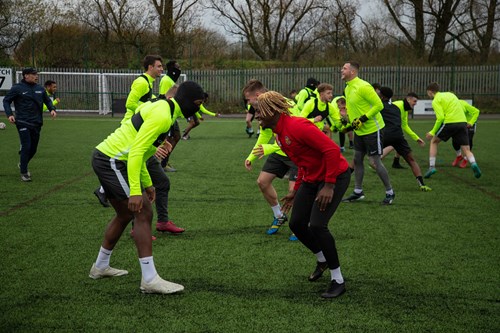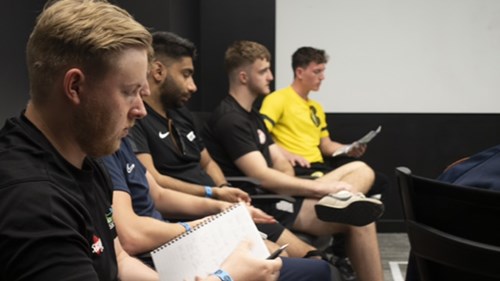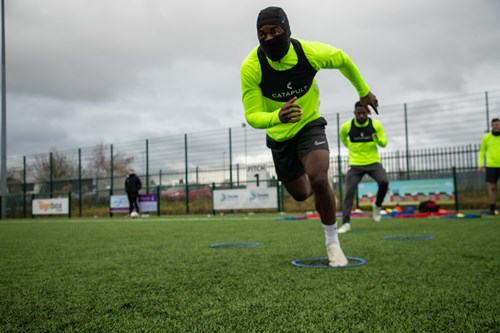What is sport and exercise science?

Sport and exercise science is simply applying scientific knowledge and data to sport. This can take shape in several different ways, including Physiology, Psychology and sport management.
It’s a rapidly growing sector within sport, as the increase in scientific data has led to a surge in professional athletes wanting to maximise their potential, as well as a broader rise in concern for health and fitness in the aftermath of the global pandemic.
Why should you study sports and exercise science?
A sports science degree, or sports coaching science as it’s often referred, is hugely fascinating and, as an emerging sector, you’ll have the opportunity to make a real difference in tackling some of sport’s most important questions relating to the human body.
The vast range of topics covered ensures you’ll have a comprehensive understanding of the sector upon graduating, and are able to specialise in any one of these if you so wish. This enables you to work closely with athletes in hugely rewarding roles, where you’ll see tangible results and feed into the overriding goal of match-day success.
What is a good course to take?

Any BSc degrees are an ideal sports science qualification to gain, as this is required for most roles working within the industry. Several sports science degrees also incorporate elements of coaching, which provide a more holistic picture of how the field feeds into a broader sporting landscape.
What does the course cover?
A sports coaching science degree covers all the basic principles of how the body reacts and responds to intense physical exercise, and the scientific advancements that have helped optimise performance. From the foundation of biomechanics to strength, conditioning and rehabilitation, there are endless, and ever-evolving ways we can create positive changes.
The course also considers how science and traditional coaching are merged, along with the psychology of performance. Several separate, but overlapping, sectors combine in this unique discipline, and you’re able to tailor your studies to your own interests and career goals.
What careers are available once I am qualified?

A common question amongst aspiring sports students is ‘What do sports scientists actually do?’. The answer varies greatly, but some of the most common roles are exercise physiologists, sports therapists, health improvement practitioners and even sport and exercise psychologists.
If you’re interested in pursuing a career that merges sport and science, in whatever capacity, it sounds like the right degree for you.

















